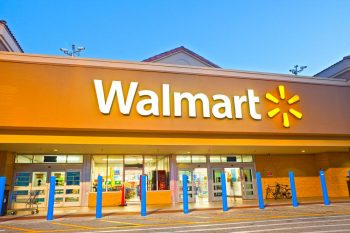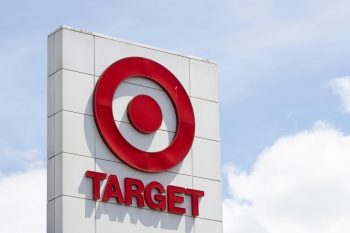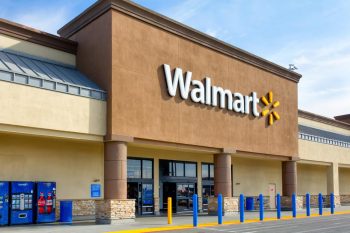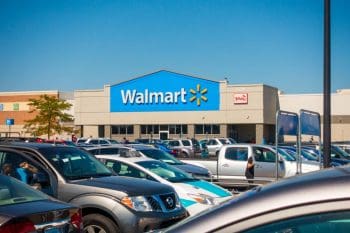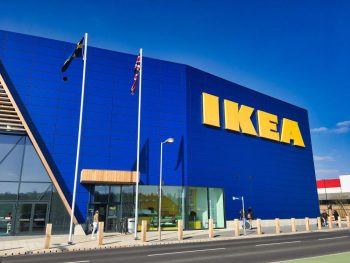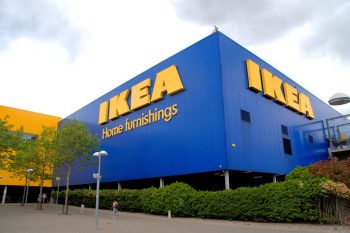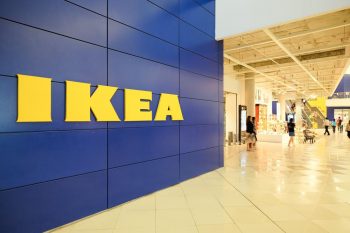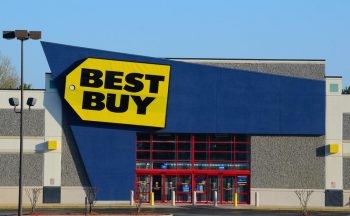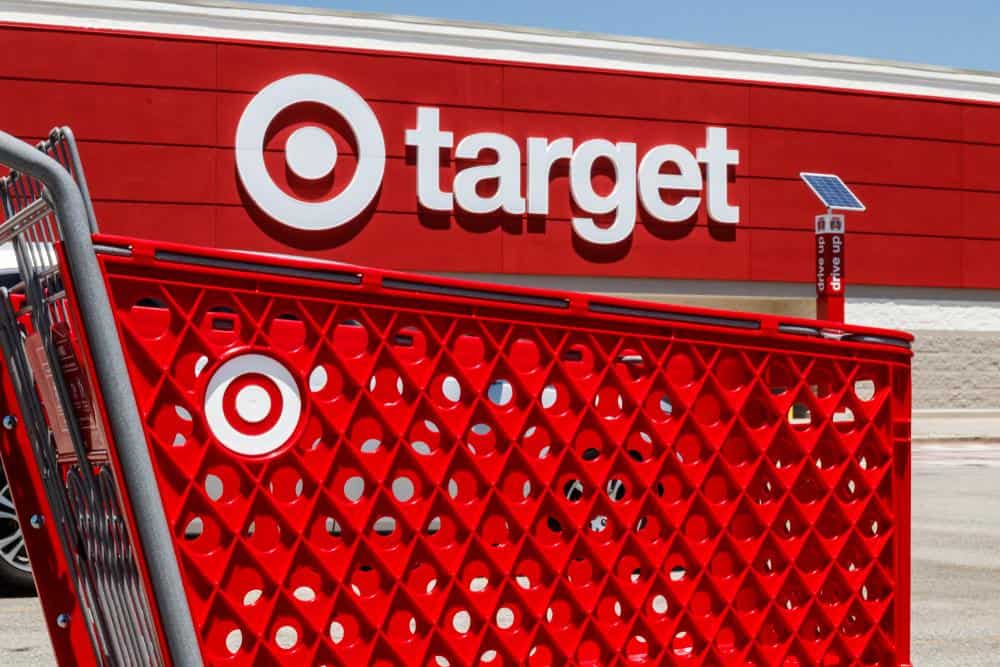
Target Corporation, a well-known American retail corporation, is a household name in the United States. Established in 1902, it has since grown to become the seventh-largest retailer in the country. But, who owns Target? The answer, as we’ll explore in this article, is a diverse group of stakeholders, with institutional investors holding the lion’s share.
Target Corporation is predominantly owned by institutional investors who control about 82.85% of the company’s outstanding shares. The largest shareholders are The Vanguard Group, Inc. and SSgA Funds Management, Inc., owning 9.08% and 7.38% of the shares, respectively. The remaining shares are held by individual stakeholders, including company executives, and the general public.
The History of Target Corporation
Target Corporation’s journey began in 1902 when George Dayton purchased Goodfellow Dry Goods. Renamed Dayton’s Dry Goods Company a year later, it underwent several transformations and mergers, eventually becoming the Dayton-Hudson Corporation in 1969. The company opened its first Target store in 1962, aiming to offer a discount version of Dayton’s department stores.
Target became Dayton-Hudson’s leading revenue producer by 1975, and the parent company was renamed Target Corporation in 2000.
Who Owns Target Today?
Today, institutional investors control about 82.85% of Target Corporation’s outstanding shares, making them the majority shareholders. The top two shareholders are The Vanguard Group, Inc., which owns 9.08% of the shares, and SSgA Funds Management, Inc., which owns 7.38%. Other institutional investors include Capital Research & Management Co. (7.09%) and BlackRock Fund Advisors (4.58%).
Individual stakeholders, many of whom are executives within Target, hold a combined ownership stake of 1.06%. The remaining shares are held by the general public, who own around 18.7% of the shares.
Target Corporation’s Management
Target Corporation operates under a matrix organizational structure. The company is managed by an executive leadership team, led by the Chief Executive Officer, Brian Cornell, and overseen by a board of directors elected by stockholders.
Target vs. Competitors
Target’s main competitors in the retail industry include Walmart, Amazon, Costco, Kroger, Macy’s, Dollar General, and Dollar Tree. Like Target, these competitors’ ownership is also primarily composed of institutional investors.
Impact of Ownership on Target Corporation
The ownership of Target Corporation plays a significant role in shaping the company’s policies, operations, and strategies. The institutional investors, who hold the majority shares, have a significant say in the company’s strategic decisions.
Controversies and Legal Issues
Throughout its history, Target has faced several controversies and legal issues related to its operations. Some of these include consumer protection violations, employment discrimination, Pride merchandising controversy, overcharging customers in the app, and allegations of racist employment practices.
Dividends and Shares
As of September 21, 2023, the dividend yield for Target Corporation (TGT) is 3.70%, with an annual dividend of $4.40 per share.
In conclusion, Target Corporation’s ownership has significantly evolved over its history, transitioning from family ownership to being predominantly controlled by institutional investors. This change has shaped the company’s policies, operations, and strategies, making it one of the largest American-owned private employers and the seventh-largest retailer in the United States.
Frequently Asked Questions
What is an institutional investor?
An institutional investor is an organization that invests on behalf of its members. This can include banks, insurance companies, pensions, hedge funds, REITs, investment advisors, endowments, and mutual funds.
What does it mean when a company is publicly traded?
A publicly traded company, also known as a public company, is a corporation whose ownership is dispersed among the general public in many shares of stock which are freely traded on a stock exchange or in over the counter markets.
What is the role of a CEO in a corporation?
The CEO (Chief Executive Officer) is the highest-ranking executive in a company. They make major corporate decisions, manage the overall operations and resources of a company, and act as the main point of communication between the board of directors and the corporate operations.
What is a dividend yield?
A dividend yield is a financial ratio that indicates how much a company pays out in dividends each year relative to its stock price. It is calculated by dividing the annual dividend payment by the stock’s current market price.
How does the ownership structure of a corporation impact its operations?
The ownership structure of a corporation determines who has a say in the company’s strategic decisions. In the case of Target, institutional investors hold the majority of shares, giving them a significant say in the company’s operations and strategies.

